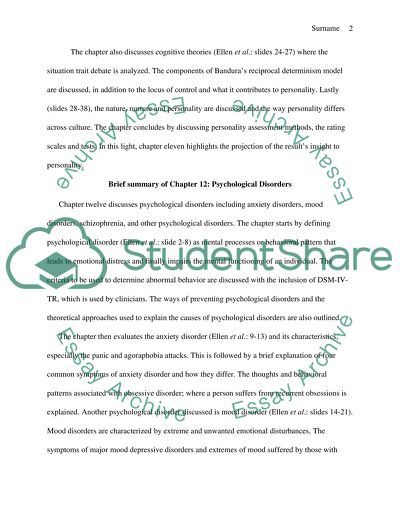Personality Theory Essay Example | Topics and Well Written Essays - 500 words. https://studentshare.org/sociology/1610366-psy-101-introduction-to-psychology
Personality Theory Essay Example | Topics and Well Written Essays - 500 Words. https://studentshare.org/sociology/1610366-psy-101-introduction-to-psychology.


